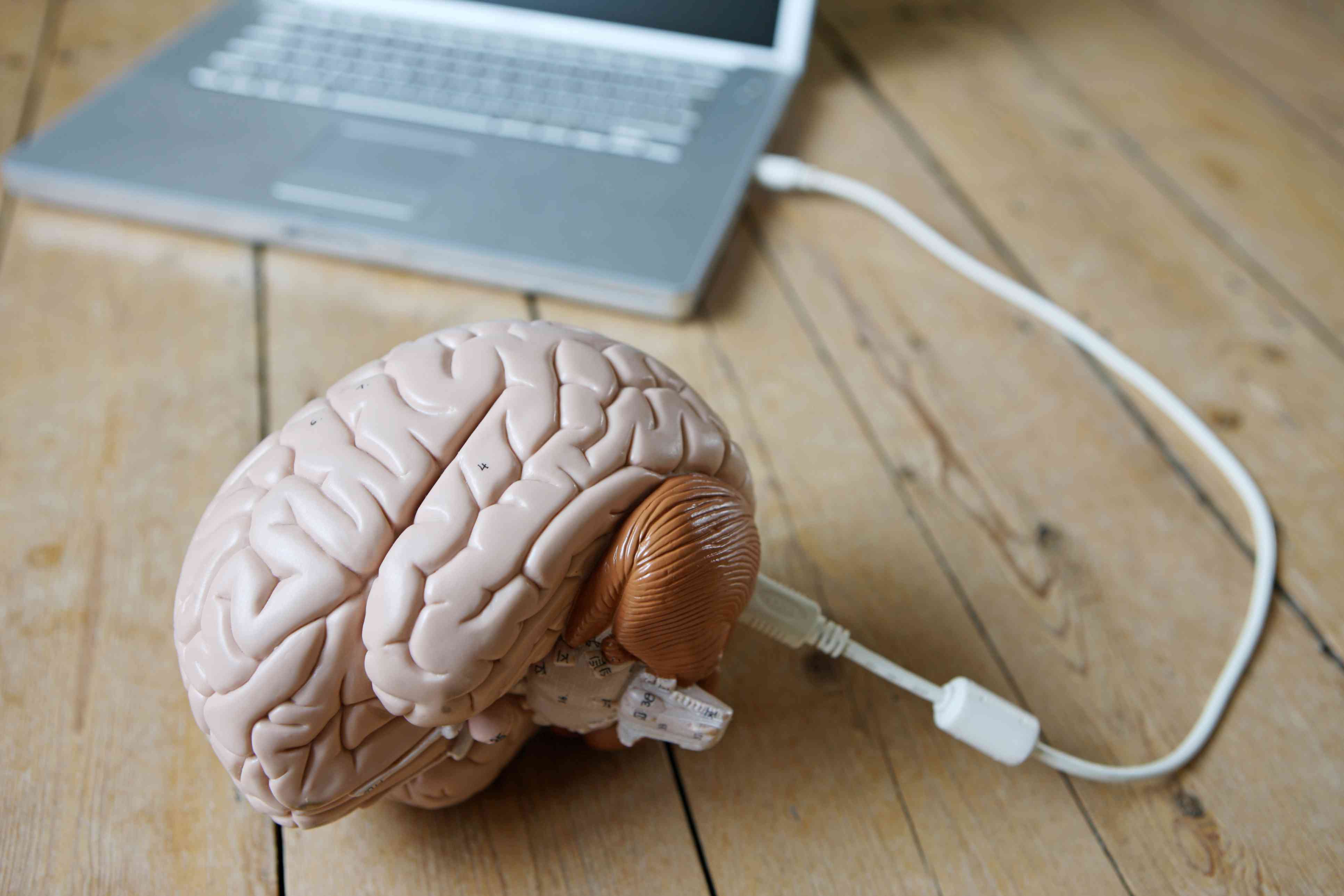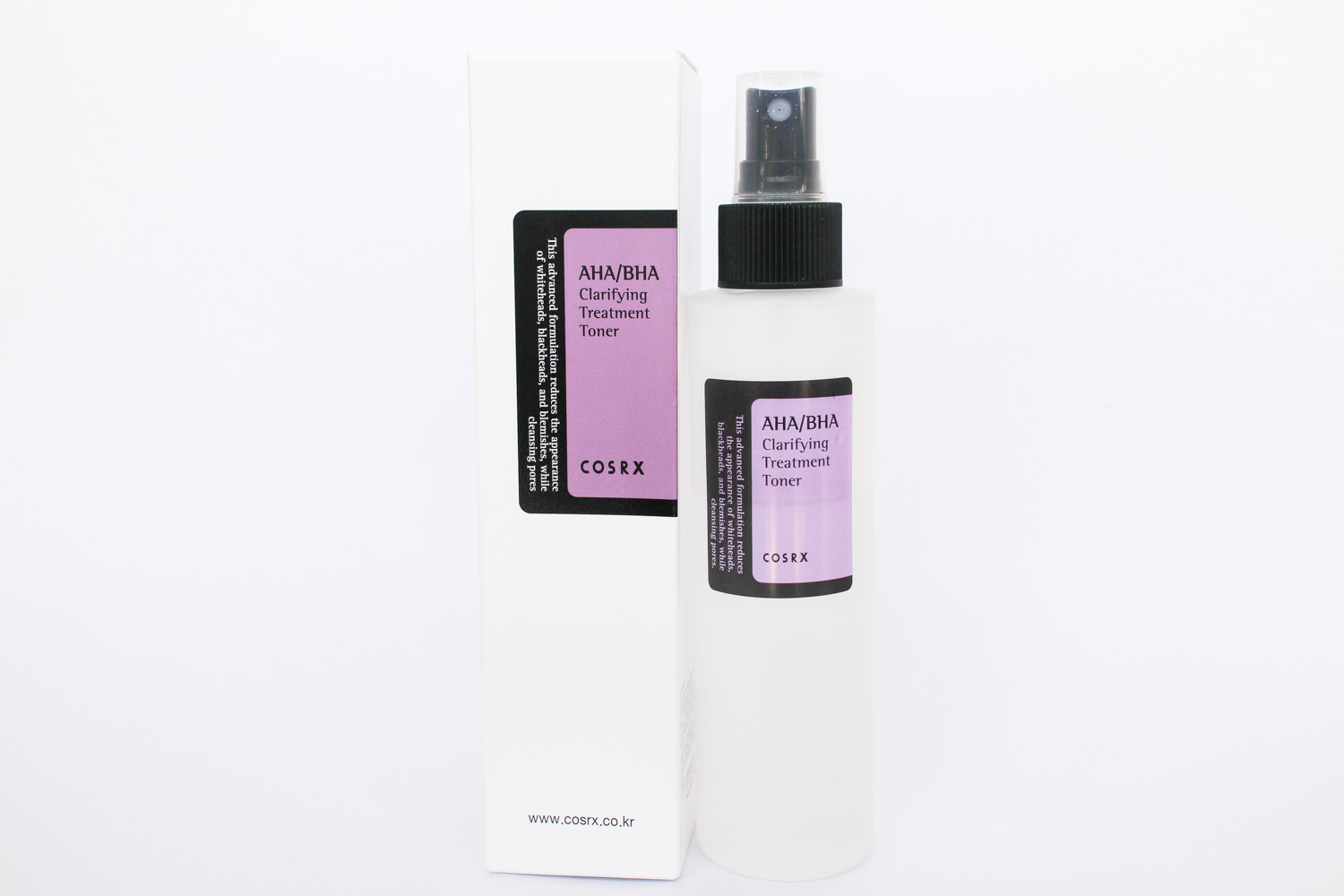
Explicit memory is a fascinating aspect of our cognitive abilities, allowing us to recall facts, events, and experiences with clarity. Ever wondered how you remember your best friend's birthday or the capital of France? That's explicit memory at work! This type of memory is divided into two main categories: episodic memory and semantic memory. Episodic memory helps you recall personal experiences, like your last vacation, while semantic memory deals with general knowledge, like knowing that Paris is the capital of France. Understanding explicit memory can help improve study habits, enhance learning, and even boost daily life efficiency. Ready to dive into some intriguing facts about explicit memory? Let's get started!
What is Explicit Memory?
Explicit memory, also known as declarative memory, involves conscious recollection of information. This type of memory allows individuals to recall facts, events, and concepts. Let's dive into some fascinating facts about explicit memory.
-
Two Main Types: Explicit memory is divided into two categories: episodic and semantic memory. Episodic memory involves personal experiences, while semantic memory deals with general knowledge and facts.
-
Hippocampus Role: The hippocampus, a part of the brain located in the temporal lobe, plays a crucial role in forming and retrieving explicit memories.
-
Age Impact: As people age, explicit memory tends to decline. This is why older adults often have difficulty recalling recent events or learning new information.
-
Sleep Connection: Quality sleep is essential for consolidating explicit memories. During sleep, the brain processes and stores information gathered throughout the day.
How Explicit Memory Works
Understanding how explicit memory functions can help appreciate its complexity. Here are some key points about its mechanisms.
-
Encoding Process: Encoding is the first step in creating an explicit memory. It involves converting sensory input into a form that can be stored in the brain.
-
Storage Phase: Once encoded, information is stored in various brain regions. The hippocampus initially holds the memory before transferring it to the cortex for long-term storage.
-
Retrieval Cues: Retrieval cues, such as smells or sounds, can trigger the recall of explicit memories. These cues help access stored information more efficiently.
-
Conscious Effort: Unlike implicit memory, which operates unconsciously, explicit memory requires conscious effort to recall information.
Factors Affecting Explicit Memory
Several factors can influence the effectiveness and reliability of explicit memory. Let's explore some of these elements.
-
Stress Impact: High levels of stress can impair explicit memory. Cortisol, a stress hormone, affects the hippocampus, making it harder to form and retrieve memories.
-
Nutrition Influence: A balanced diet rich in omega-3 fatty acids, antioxidants, and vitamins supports brain health and enhances explicit memory.
-
Exercise Benefits: Regular physical activity boosts blood flow to the brain, promoting the growth of new neurons and improving explicit memory.
Disorders Related to Explicit Memory
Certain conditions can affect explicit memory, leading to difficulties in recalling information. Here are some disorders linked to explicit memory issues.
-
Amnesia: Amnesia involves the loss of explicit memory due to brain injury, illness, or psychological trauma. It can be temporary or permanent.
-
Alzheimer's Disease: Alzheimer's disease is a progressive neurodegenerative disorder that severely impacts explicit memory. It primarily affects older adults.
-
Post-Traumatic Stress Disorder (PTSD): PTSD can cause intrusive explicit memories of traumatic events, leading to distress and anxiety.
Enhancing Explicit Memory
Improving explicit memory can be achieved through various techniques and lifestyle changes. Here are some tips to boost memory retention.
Final Thoughts on Explicit Memory
Explicit memory plays a huge role in our daily lives. From recalling a friend's birthday to remembering historical dates, this type of memory helps us navigate the world. Understanding how it works can improve study habits, boost productivity, and even enhance social interactions.
By knowing the difference between episodic and semantic memory, you can better appreciate how your brain stores and retrieves information. This knowledge can also aid in recognizing memory issues early, allowing for timely interventions.
Keep your brain sharp by engaging in activities that challenge your memory, like puzzles or learning new skills. Staying mentally active can help maintain and even improve your explicit memory over time.
So, next time you recall a fun fact or an important date, you'll know just how amazing your explicit memory truly is.
Was this page helpful?
Our commitment to delivering trustworthy and engaging content is at the heart of what we do. Each fact on our site is contributed by real users like you, bringing a wealth of diverse insights and information. To ensure the highest standards of accuracy and reliability, our dedicated editors meticulously review each submission. This process guarantees that the facts we share are not only fascinating but also credible. Trust in our commitment to quality and authenticity as you explore and learn with us.


